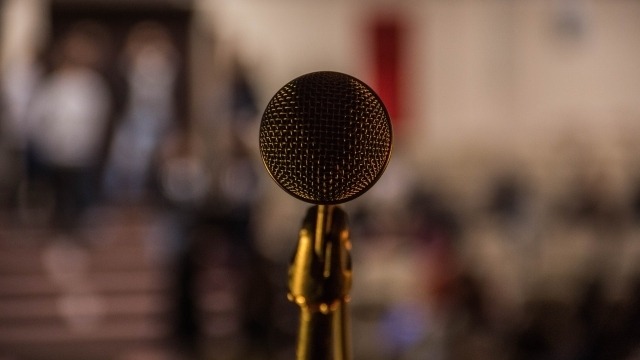Opinion: Peter Dutton faces fresh danger as leader as Julian Leeser, moderates find their voice

By Mark Kenny
A version of this article was originally published by The Canberra Times.
Advocates think this year's historic Voice referendum has been boosted by the principled resignation of Peter Dutton's handpicked spokesperson on Indigenous matters, Julian Leeser.
Leeser has relinquished his positions as shadow attorney-general and shadow Indigenous minister, in order to undermine his own party's blunt opposition to the Voice.
While Leeser quibbles with some elements of the proposed Voice wording - namely its capacity to advise "executive" government - he will campaign strongly for the "yes" case regardless.
The splintering of frontbench solidarity hangs a lantern over Dutton's high-risk stance. And, it increases the moral pressure on remaining moderates to show similar spine.
That's the danger for Dutton now. Further principled resignations.
For him, that spells game over.
Already weakened by his historic failure in the April 1, Aston byelection, Dutton must now find a compliant yet credible replacement for Leeser.
Until Tuesday morning, no senior Liberal had put the Voice ahead of their own career, although backbenchers Bridget Archer (Tasmania) and Senator Andrew Bragg (NSW) had certainly put their own parliamentary advancement in jeopardy.
In a compelling rationale, Mr Leeser, who still describes himself as a "constitutional conservative", told reporters, "what I want to be able to say to my children in the future is that your father stood up for something he believes in and that that's really important and that's what all of us as parliamentarians should do".
Declaring the time for the Voice had come, Leeser said, "I believe that the Voice can help move the dial on Indigenous education, health, housing, safety and economic development."
Archer lauded his "courage and integrity" while Bragg predicted it would improve the prospects of success in the spring referendum.
"I believe a 'yes' vote is now more likely because of Julian's conviction," he said.
Other Liberals have made their disappointment with Dutton known privately. Those in lower house metropolitan seats fear being "tealed" at the next election for having been on the wrong side of the Voice debate.
All eyes are now on the leading Liberal moderate, Simon Birmingham.
The opposition leader in the Senate represents moderate South Australia where support for the Voice is expected to be high. The state Labor government recently legislated a local version of the proposed national Voice.
Mr Dutton's hardline approach of committing his party to campaign for a "no" vote has been slammed by senior Liberals no longer in Parliament including the previous minister for Indigenous Australians Ken Wyatt (who has resigned from the party in protest), former Howard-era minister Fred Chaney, and ex-Liberal premier of Tasmania Peter Gutwein.
Gutwein's replacement and thus the senior-most Liberal in the country, Jeremy Rockliff, also strongly supports the Voice.
Mark Kenny is a professor at the ANU Australian Studies Institute and host of the Democracy Sausage podcast.








